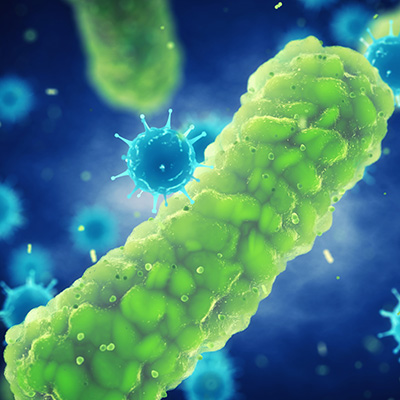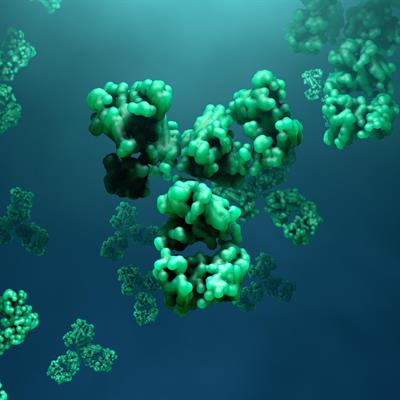September 22, 2022 -- Scientists at St. Jude Children’s Research Hospital have discovered the likely origins of two high-risk molecular subgroups of medulloblastoma, a childhood brain tumor. They found that both group 3 and group 4 arise from the rhombic lip, a major region of the developing cerebellum.
Their findings, published September 21 in the journal Nature, may help researchers to better understand medulloblastoma's biology and develop better research models and therapeutic targets.
Medulloblastoma is the most common malignant brain tumor in children. It has four molecular subgroups: SHH, WNT, group 3, and group 4. Previous research revealed both SHH and WNT origins. Tracing the developmental beginnings of groups 3 and 4 medulloblastoma to the rhombic lip reinforced prior findings on group 4 and marked the first-time identification of a specific group 3 origin.
In 2019, corresponding author Paul Northcott, PhD, associate member of St. Jude's faculty, and his team published an atlas of mouse cerebellar development, allowing comparison of human medulloblastoma profiles to the mouse cerebellum. A collaboration to obtain the human cerebellar development atlas enabled them to seek the transcriptomic signatures of the different medulloblastoma subgroups and discover the rhombic lip origins of group 3 and group 4.
"Once we had the human atlas everything just opened up," Northcott said. "There were these clear, stark differences between human and mouse cerebellar development that showed how much more complexity there is in human development."
Copyright © 2022 scienceboard.net









